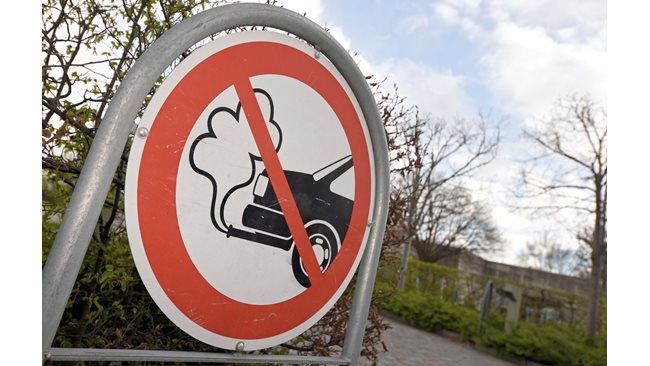–
–
European emissions regulations, which will come into force in 2025, will make electric cars more profitable than petrol ones. PHOTO: Reuters
–
In 2035, their production will be banned
A mega-package of 12 regulatory instruments to reduce greenhouse gases presented in Brussels
The European Commission intends to completely eliminate harmful emissions from cars by 2035, according to numerous sources in Brussels. As electric cars are the only ones that meet this requirement, they will de facto be the only ones on the market for new cars, and diesel and petrol cars will cease to be produced. The measure is part of the “Adaptation to Goal 55” package, presented in Brussels on Wednesday.
In 2020, Europe imposed an average ceiling of 95 g of carbon dioxide per km on carmakers, which should be reduced by another 37.5% in 2030.
Ultimately, the reduction should reach 65% in 2030 and 100% in 2035.
Shortly before the package was unveiled, EC chief Ursula von der Leyen said the EU planned to introduce an absolute deadline after which all manufacturers would have to stop producing cars with internal combustion engines. According to her, despite the fact that a dozen European car manufacturers have already announced that they will switch to zero-emission cars in the period 2028 – 2035, a legally binding date is needed. “Otherwise, there will be uncertainty and we will not be able to achieve our goal of climate neutrality by 2050,” the EC chief said. However, von der Leyen did not reveal the exact date when this will happen for the whole EU.
EU emissions regulations, which will come into force in 2025, will make electric cars more profitable than petrol cars, which will be a turning point for the car industry. This was commented by the member of the executive board of “Volkswagen” Thomas Ulbrich in an interview with the “Financial Times”. A month ago, the automotive industry organization warned that new EU emissions rules could lead to the loss of 215,000 jobs in the industry.
However, Germany and France have spoken out against the European Commission’s intentions to end production of petrol and diesel cars in 2035. Paris is pushing for an end date in 2040, as well as a longer transition period for hybrid engines.
Car charging stations
every 60 km of highways
The EU seeks to make refueling electric vehicles and refueling heavy vehicles as easy as filling a conventional tank.
A combination of measures in addition to emissions trading is needed to curb rising emissions from road transport, according to the European Commission’s plans.
Stricter carbon standards for cars and vans will accelerate the transition to zero-emission mobility, requiring a 55% drop in average new car emissions from 2030 and a 100% drop from 2035. ., compared to the levels of 2021.
As a result, all new cars registered by 2035 will have zero emissions – ie. electric. In order to enable drivers to refuel their vehicles with electricity or hydrogen in a reliable network of stations across Europe, the revised Alternative Fuels Infrastructure Regulation will require Member States to increase their refueling capacity in line with car sales. zero emissions, as well as to build charging stations for electricity or fuels at regular intervals on the main highways – every 60 kilometers for charging with electricity and every 150 kilometers for charging with hydrogen.
– .


